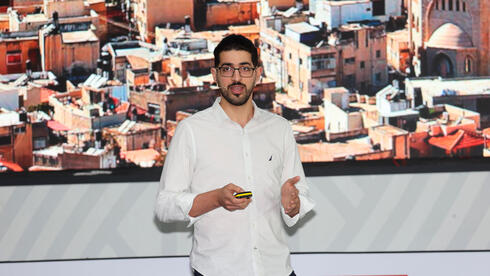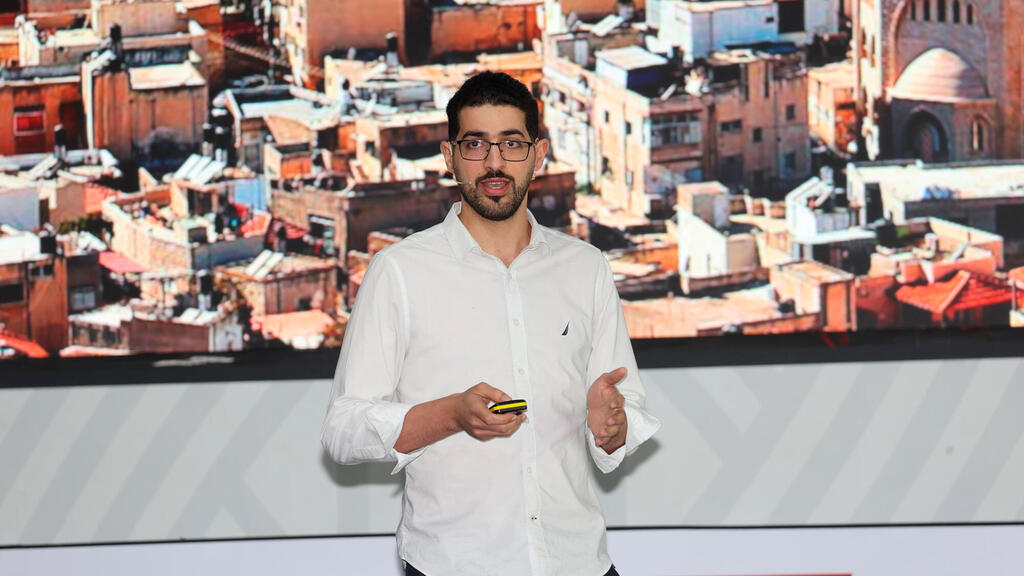
Ordering and shipping platform HAAT expands app for Palestinian territories
The app, which is optimized for low-infrastructure regions, is already operational in periphery towns in Israel
HAAT, a delivery service providing deliveries to cities without infrastructures such as addresses or credit cards, has announced that it plans to expand into Palestinian territories and a number of Morrocan cities with the launch of its app for the region. Unlike traditional food delivery apps, the ordering and shipping platform is focused on infrastructure-free cities whose customers may prefer paying using cash at undefined locations as opposed to clearly marked homes or offices.
HAAT works in the same way as other delivery companies by connecting to restaurants, couriers, and end customers - but the solution is provided to those without defined addresses and who would prefer to pay via cash. It also helps restaurants that might not have a digital infrastructure to connect with users from neighboring regions. The service was founded by Hasan Abasi, a computer scientist from Israel’s Technion and former employee of Intel and Google, who returned to his Arab hometown of Umm-al-Fahm and found it near impossible to order food.
“We want to bring food to all people, also those who don't have proper infrastructure," he told CTech at JerusalemTech in 2021. At the time, HAAT was serving more than a million citizens with 70,000 orders a month.
HAAT has already raised $3.7 million to date from investors such as Gigi Levy-Weiss, General Partner at NFX, Sir Ronald Cohen, founder of Apax Partners, and Eyal Waldman, founder of Mellanox, which was sold to NVIDIA for $7 billion. It hopes to raise additional funds to expand to more countries to improve the accessibility of residents who don’t live at the forefront of shipping apps.
Today, the company employs around 100 employees and works with 800 couriers who operate with 900 restaurants, in 17 regions across Israel. HAAT is aiming to double its sales, integrate more with the Jewish sector across Israel, and increase activity in three more countries, including Morocco.
CTECH JerusalemTech - Hasan-Abasi
(Calcalist)

















